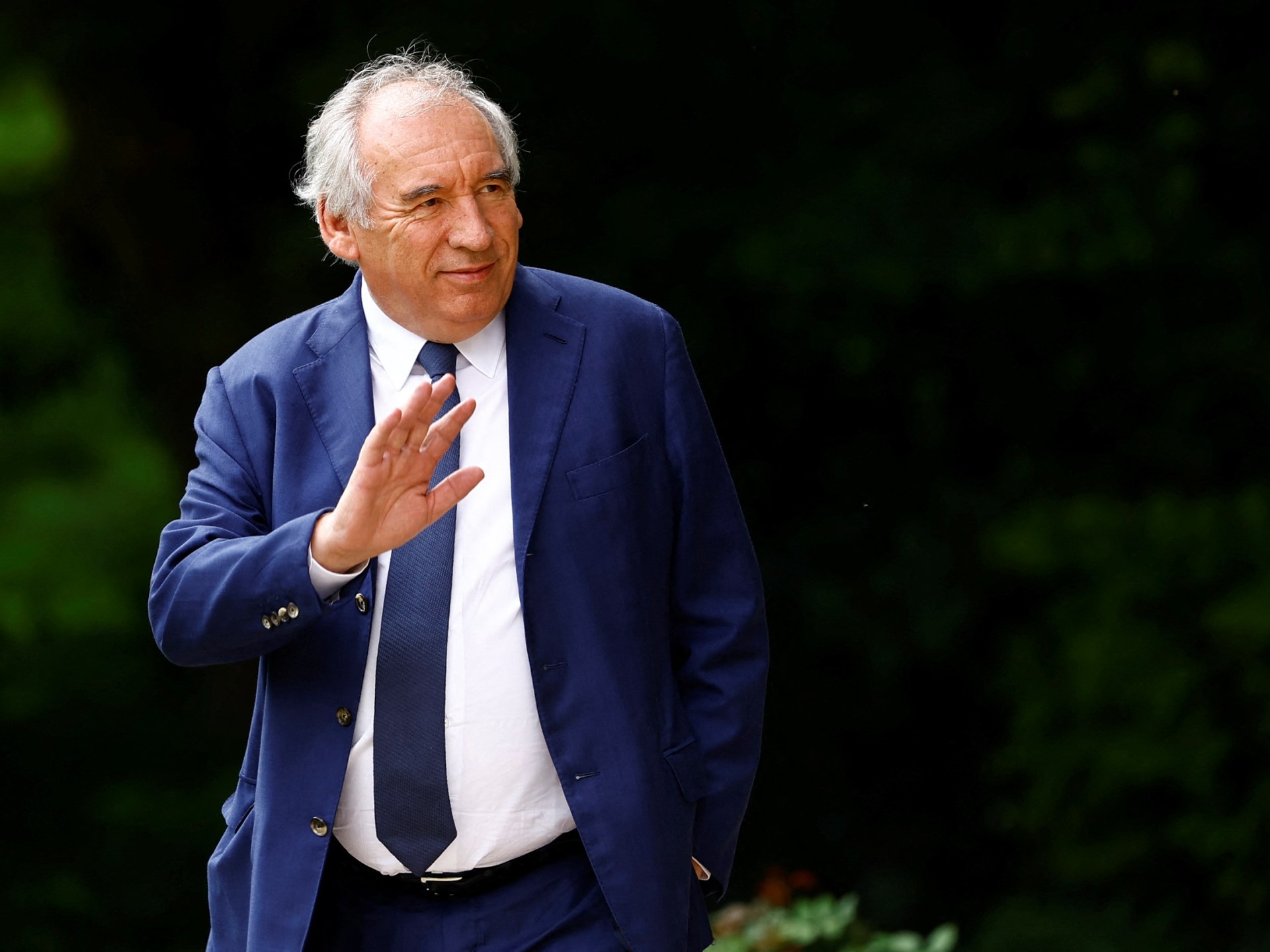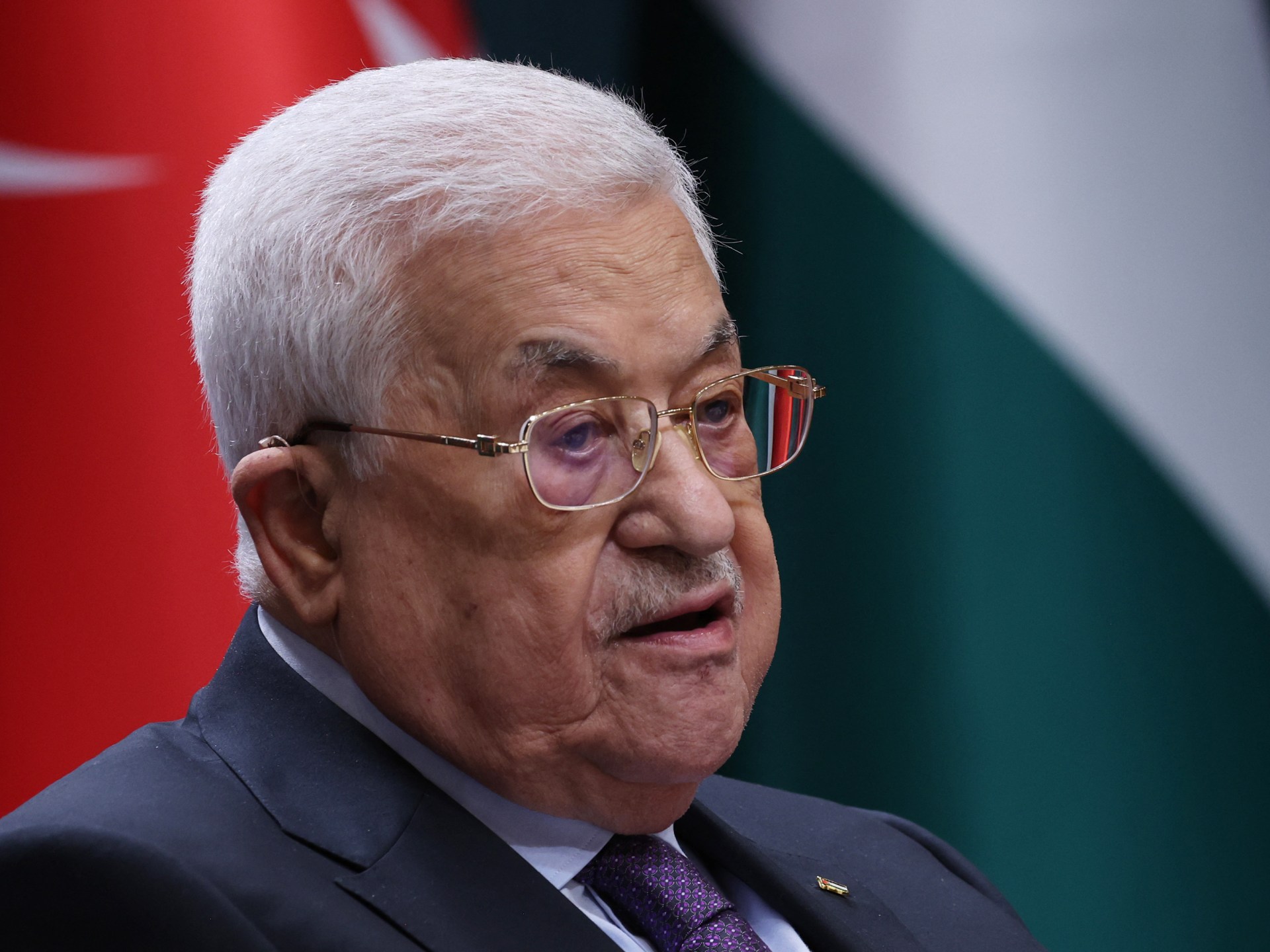France’s Macron names centrist ally Francois Bayrou as new prime minister
 13 December 2024
13 December 2024


French President Emmanuel Macron has named centrist leader Francois Bayrou as his new prime minister after the previous government was deposed last week.
Bayrou’s appointment, confirmed by the Elysee presidential palace on Friday, came after former Prime Minister Michel Barnier was forced by far-right and left-wing lawmakers to step down after just three months in office in a historic no-confidence vote last week.
Bayrou is a well-known figure in French politics whose political experience is seen as key in efforts to restore stability to the country. The 73-year-old leader of the Democratic Movement (Mouvement Democrate, or MoDem) group, which has been allied to the president’s centrist Renaissance party since he swept to power in 2017.
The country was plunged into a political crisis when Macron called snap elections earlier this year after his party polled badly in European elections, with Marine Le Pen’s far-right National Rally (RN) party emerging as the clear victor.
But his bid to buttress his minority government, which had struggled to pass legislation, backfired spectacularly when the poll delivered an inconclusive result, leaving parliament divided among three warring blocs with no absolute majority.
Advertisement
Bayrou, who served as education minister from 1993 to 1997, now faces the immediate challenge of putting together a cabinet that can survive a no-confidence vote and thrash out a 2025 budget in a bid to limit economic turmoil.
The new prime minister, the country’s fourth this year, was recently cleared in a case alleging embezzlement of European Parliament funds.
His appointment has raised hackles on the left of the political spectrum, which is wary of continuing the president’s policies, and on the right, where he is disliked by influential former President Nicolas Sarkozy.
Jordan Bardella, the president of the RN, said the party would not be calling for an immediate no-confidence motion against Bayrou.
France’s festering political malaise has raised doubts about whether Macron will complete his second presidential term, which ends in 2027. The president has pledged to stay on “until the end” of his five-year term, until May 2027.
In a critical moment, Le Pen will be judged in an embezzlement trial next year. If convicted, she could lose the opportunity to stand in the 2027 election.
The public appears to be eager for a period of stability in French politics, with just over two-thirds of respondents in an Elabe poll published Wednesday saying they want politicians to reach a deal, not to overthrow a new government.
Related News

Israeli attacks kill two, wound six in southern Lebanon despite ceasefire

Why has Palestinian Authority’s Mahmoud Abbas nominated a successor now?

Turkiye urges inclusivity, fair treatment of minorities in post-Assad Syria

